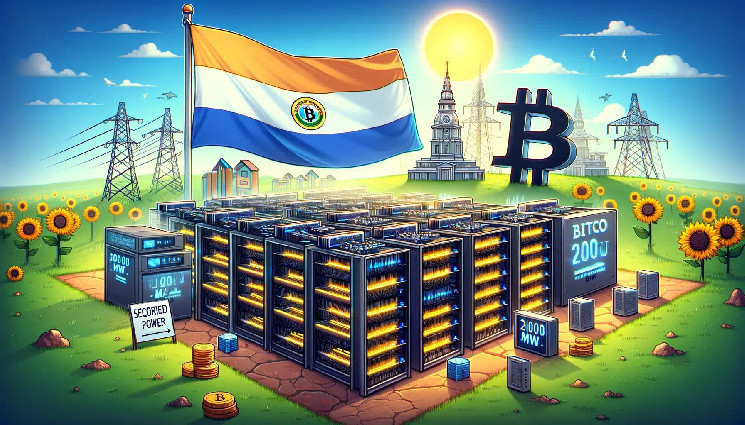Paraguay has recently made a groundbreaking move in the blockchain industry with the launch of the Paraguayan Blockchain Chamber. This initiative aims to drive innovation in financial technology on a blockchain platform that is sovereign to the country. The director of the chamber, Ricardo Prieto, emphasized the focus of the project on developing blockchain solutions for various sectors including government, finance, commerce, civil, and military applications.
One of the key projects under the Paraguayan Blockchain Chamber is Legaledger, which is built on the Hyperledger and Besu platforms. This makes it the world’s first third-generation blockchain network with national sovereignty. One of the unique features of Legaledger is the exemption from transaction gas fees for military and legal operations, in compliance with Paraguayan digital law 6.822/21.
Prieto highlighted the innovative design of Legaledger, which utilizes a dual blockchain mechanism comprising Hyperledger Fabric and Besu. This design allows for regional and global replication, enabling seamless interoperability between countries. The director referenced a report from the Bank for International Settlements (BIS) on the challenges faced by banks in conducting due diligence and supervision on third-party blockchains, emphasizing the importance of sovereign blockchain networks for legal security within a country.
In 2021, Paraguay enacted Law No. 6.822/21, also known as the Second Floor Digital Law, which focuses on trust services for electronic transactions and documents. This law laid the groundwork for the development of Legaledger, a blockchain network with national sovereignty, legal security, and the ability to be replicated globally with perfect interoperability.
The implementation of Legaledger brings about the digitization of governmental, civil, and military judicial procedures, as well as the tokenization of financial and real-world assets. This helps eliminate risks of identity theft and fraud, providing a secure digital framework for transactions. However, challenges have been encountered, particularly in the tokenization of real estate assets, where legal advisors have raised concerns about potential fraud risks.
To address these challenges, a unique digital law is required to allow for the digitalization of rights over tangible and intangible assets on a sovereign blockchain network. This ensures that tokens representing these assets are managed securely within the network, allowing for digital transfer with legal certainty and without repudiation.
Implementing a sovereign blockchain network with legal security positions a country as an international digital jurisdiction, enabling a high level of digitalization of procedures and asset tokenization within a secure legal framework. This move towards blockchain innovation marks a significant step for Paraguay in the global fintech landscape.

